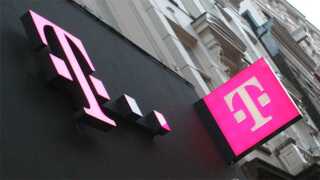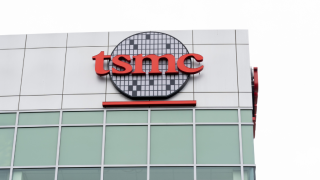At the same time Cox said it will spend more than US$400 million over the next three years to expand its footprint to reach underserved and rural communities.
Mark Greatrex, president of Cox Communications, said: “With new applications of technology from virtual reality classrooms to autonomous vehicles to the metaverse, people will require increased bandwidth to power their digital futures.”
The company has not given a cost for its investment in 10Gbps, expect to say it will be a “multibillion-dollar annual infrastructure investment”. It used a virtual reality (VR) image (pictured) to indicate the possibilities of its 10Gbps network.
On the rural plans, Greatrex said: “Included in this investment is our commitment to bring robust and reliable services to underserved communities and to be the internet provider customers count on to make those valuable connections a reality.”
The key to the 10Gbps is the latest version of DOCSIS 4.0 technology, which allows coaxial copper networks – used to deliver cable TV into subscribers’ homes – to deliver broadband internet services.
According to CableLabs, the US cable industry’s jointly funded technology centre, “DOCSIS 4.0 technology supports up to 10Gbps speeds downstream capacity and up to 6Gbps upstream capacity” and can be accommodated on hybrid fibre-coax (HFC) networks, the mixture of fibre and copper-coaxial cables traditionally used by the cable TV industry.
CableLabs adds: “As future applications are developed that benefit from higher upstream speeds, such as interactive video conferencing, remote learning and health care applications, IoT and virtual reality, the ability to offer symmetric speeds is significant.”
Cox said that, in the last 10 years, it “has invested more than $19 billion in network and product upgrades to deliver some of the most powerful high-speed internet, TV, phone, and home security and automation services, as well as a growing suite of business offerings such as its cloud and edge services”.
Its rural expansion will not use HFC, but will use fibre only to expand “to more than 100,000 homes and businesses in communities near its existing footprint”, the company said. “Initial expansion efforts will begin soon.”
The company will also work with cities and towns looking to use federal funding “to address specific community objectives and help close the digital divide”.
Cox is privately held and publishes little financial information. It is understood that Atlanta-based Cox Enterprises, of which Cox Communications is the largest division, has annual revenue of $21 billion.






